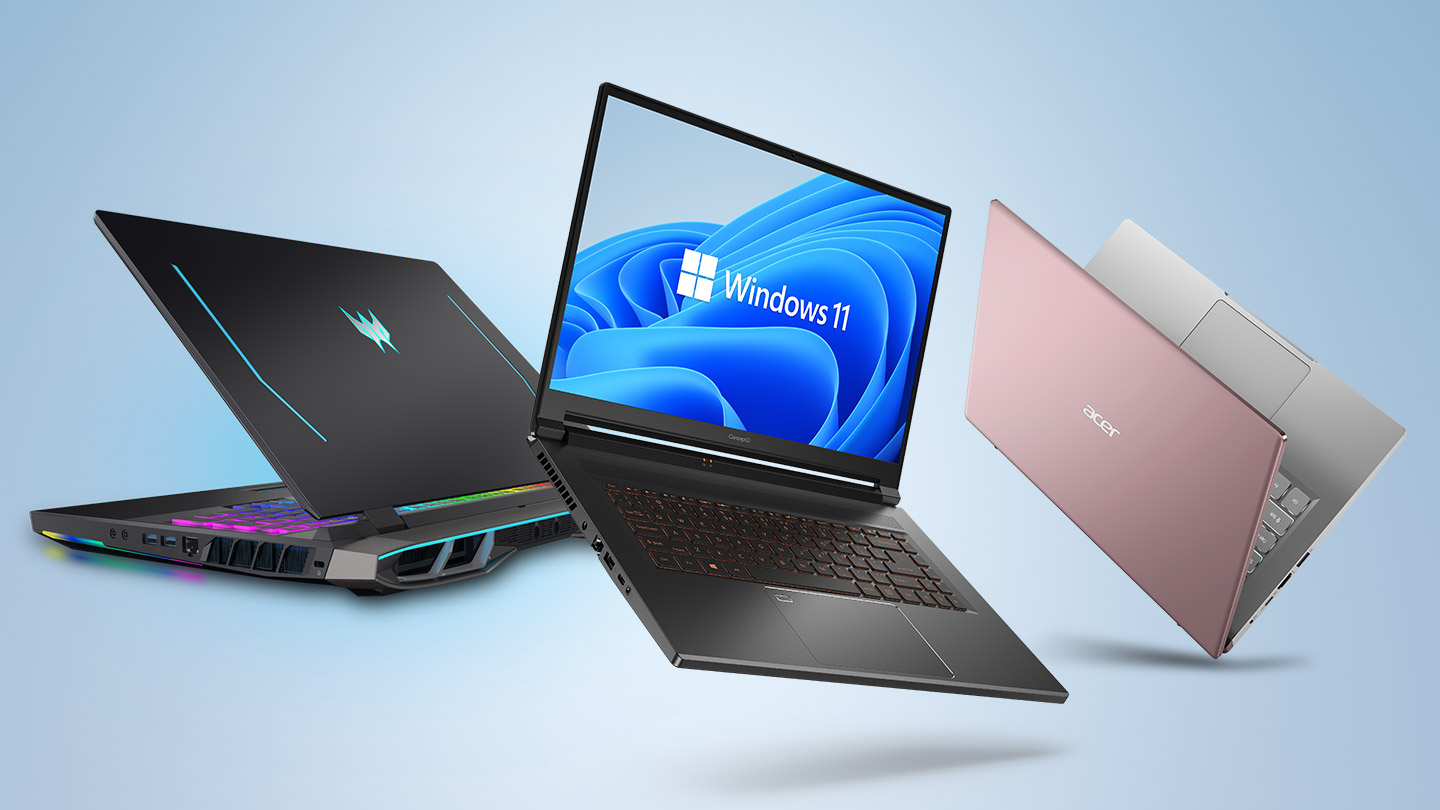
Ultrabooks vs. Traditional Laptops: Which is for You?
When it comes to choosing a laptop, you'll likely come across two main categories: ultrabooks and traditional laptops. Each type has its own set of characteristics and advantages. In this article, we'll compare Ultrabooks and traditional laptops to help you determine which one is right for your needs.
Ultrabooks
Pros:
-
Portable: Ultrabooks are designed to be ultra-thin and lightweight, making them incredibly portable. They are ideal for users who are always on the go and want a laptop that is easy to carry with them.
-
Battery Life: Many Ultrabooks offer excellent battery life, allowing you to work or browse the web for long periods of time without needing to recharge.
-
Performance: Although Ultrabooks are thin and light, they often feature powerful processors and solid-state drives (SSDs) to deliver powerful performance.
-
Build Quality: Ultrabooks generally have excellent build quality, using materials such as aluminum or carbon fiber for durability and a sleek appearance.
-
Fast boot times: Thanks to SSDs and efficient hardware, Ultrabooks typically boot up quickly and are ready to use in seconds.
-
High-Resolution Displays: Many Ultrabooks feature high-resolution displays that provide clear images for work and play.
Cons:
-
Price: Ultrabooks are often more expensive than traditional laptops with similar specs due to their slim design and high-quality materials.
-
Limited upgradeability: The thin and compact nature of Ultrabooks often results in limited upgradeability. Components such as RAM and storage can be soldered to the motherboard.
-
Fewer Ports: Ultrabooks may have fewer ports due to their thin profiles, which may require the use of adapters or hubs for certain peripherals.
Traditional laptops
Pros:
-
Variety: Traditional laptops come in a wide range of sizes, form factors and price points, allowing you to choose a model that suits your specific needs and budget.
-
Performance Options: Traditional laptops offer a wider range of performance options, from budget models with basic processors to high-end laptops with powerful processors and dedicated graphics cards.
-
Upgradeable: Many traditional laptops offer easy upgradeability, allowing users to replace or upgrade components such as RAM and storage.
-
Ports: Traditional laptops usually offer a wider range of ports to connect a variety of peripherals without the need for adapters.
-
Value: Traditional laptops often provide better value for money in terms of specifications than ultrabooks at the same price point.
Cons:
-
Capacity and Weight: Traditional laptops tend to be bulkier and heavier than Ultrabooks, which may be less convenient for travelers.
-
Battery Life: While some traditional laptops have good battery life, others may require more frequent charging due to large displays and power-hungry components.
-
Boot times: Traditional laptops with hard disk drives (HDD) may have longer boot times compared to Ultrabooks with SSDs.
Which one is right for you?
Select an ultrabook if:
- Porability is a top priority, and you want a laptop that's easy to carry.
- You appreciate simple and stylish design.
- Battery life is very important and you will need to use it all day long without charging frequently.
- You prioritize fast loading times and fast performance.
Choose a traditional laptop if:
- You have specific productivity requirements, such as gaming, video editing, or 3D modeling.
- Upgradeability is critical, and you need the ability to replace or upgrade components in the future.
- You need a variety of ports and connectivity options without relying on adapters.
- Are you looking for a budget option with good technical characteristics.
Ultimately, the choice between an ultrabook and a traditional laptop depends on your individual needs and preferences. When making your decision, consider factors such as portability, performance, battery life, and price. Whatever type of laptop you choose, options are available to suit a wide range of requirements and use cases.






